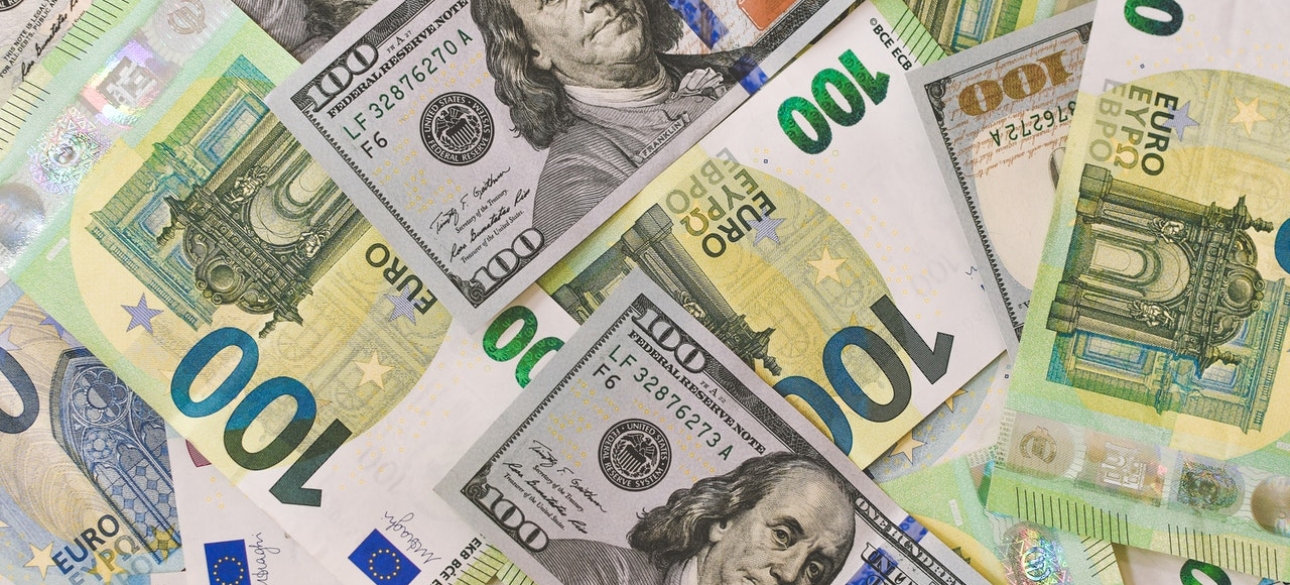
But although this plan may seem attractive in Washington and Brussels, it violates the US obligation to finance Ukraine "as much as it will be needed. " There is a financially responsible and decent alternative.
Instead of confiscation of frozen foreign exchange reserves of the Central Bank of Russia to compensate for the political deficit of Western aid to Ukraine, consolidate these frozen assets in the trust fund, which will allow the Western governments to make short -term loans, while the balance will remain intact for the restoration of Ukraine. Confiscation does not have any financial, fiduciary or accounting sense.
First, the confiscation of assets returns state bonds to issuers, which automatically cancel the obligations of the West to repay the sovereign debt and equivalent to financial default. Of the $ 643 billion, Russian foreign exchange reserves that existed on the eve of the Russian-Ukrainian War, Western governments have frozen assets in their jurisdictions, it is $ 383 billion, or $ 59. 5 percent, including Western government bonds of approximately $ 210 billion.
The US Treasury Bonds there amount to almost $ 52 billion. The US total debt, owned by domestic and foreign bond holders, is $ 27 trillion, including $ 770 billion. The default, even a small part of it for the first time in American history, undermines the legality of US government debt-and probably violates Section 4 of the 14th amendment of the US Constitution. The risk of default, once manifested, can lead to an increase in long -term real interest rates in the financial markets.
The US Treasury Defolt is unreasonable to make $ 52 billion, when an increase in interest rate by $ 27 Trillion will cost five more than five trillions for the arrested assets. The same stupid calculations are applicable to the actual default on other state debts of the West. Secondly, confiscation is a fiduciary trap. She sacrifices the future for the sake of the present. The money spent in a hurry today bypassing political opposition will not be used to restore Ukraine after the war.
If Western governments are considering war in Ukraine as the first line of defense of the West, they need to predict the costs of it in the budget. Third, it is a financially slippery track. Frozen assets, in addition to government bonds, are correspondent accounts in Western Central Banks, corporate securities, as well as deposits in Western banks and brokerage companies - a total of $ 173 billion.
Their confiscation will not add a single penny to the state treasury, unless the Western governments confiscate balances, in turn, in domestic financial institutions and corporate shareholders. Fourth, it is a depository account. No one knows the real amount. Western governments and the press are often called $ 300 billion. Current private investigations were found between $ 350 and $ 350 billion. Frozen assets are not a one -time amount that is distributed between countries by quota.
US Treasury bonds are stored with New York Federal Reserve Bank; EURO -expressed assets - in Europeanar, euro area depositary in Belgium; other governments - at the Bank of England, the Swiss National Bank of Japan; The rest is suspended in central banks, commercial banks and brokerage offices. After confiscation - who will decide how to distribute the specific amounts they spend on Ukraine? There is no such international body.
An alternative solution is to create a "Russian Trust Fund" and consolidate all frozen assets there under the care of Western governments. To propose to the Central Bank of Russia, as a permanent owner of reserves, to appoint their proxies to ensure the integrity of transactions. They have to have an incentive to join to protect the balance of their assets. Invite Chinese observers as well as the IMF and World Bank auditors.
This Fund will become a depository and credit pool of the last instance, providing short -term loans to the Western governments for the sole purpose of financing Ukraine during funding deficits. Guardians will evaluate the creditworthiness of the borrowing governments, set the terms of loans, ensure the repayment of loans, capitalize interest. But they will not participate in making decisions on how specifically spent money. They are only trusted persons.
In parallel, as soon as the Russian trust fund is established, the Western governments and Ukraine will be able to jointly establish the "Reconstruction Fund of Ukraine" jointly. He may file a lawsuit against the Russian Trust Fund to the International Arbitration Court for compensation for military reparations. Russia, for its part, can sue Western governments demanding to return the frozen assets. Both parties can submit their claims and evidence of death and destruction.










All rights reserved IN-Ukraine.info - 2022